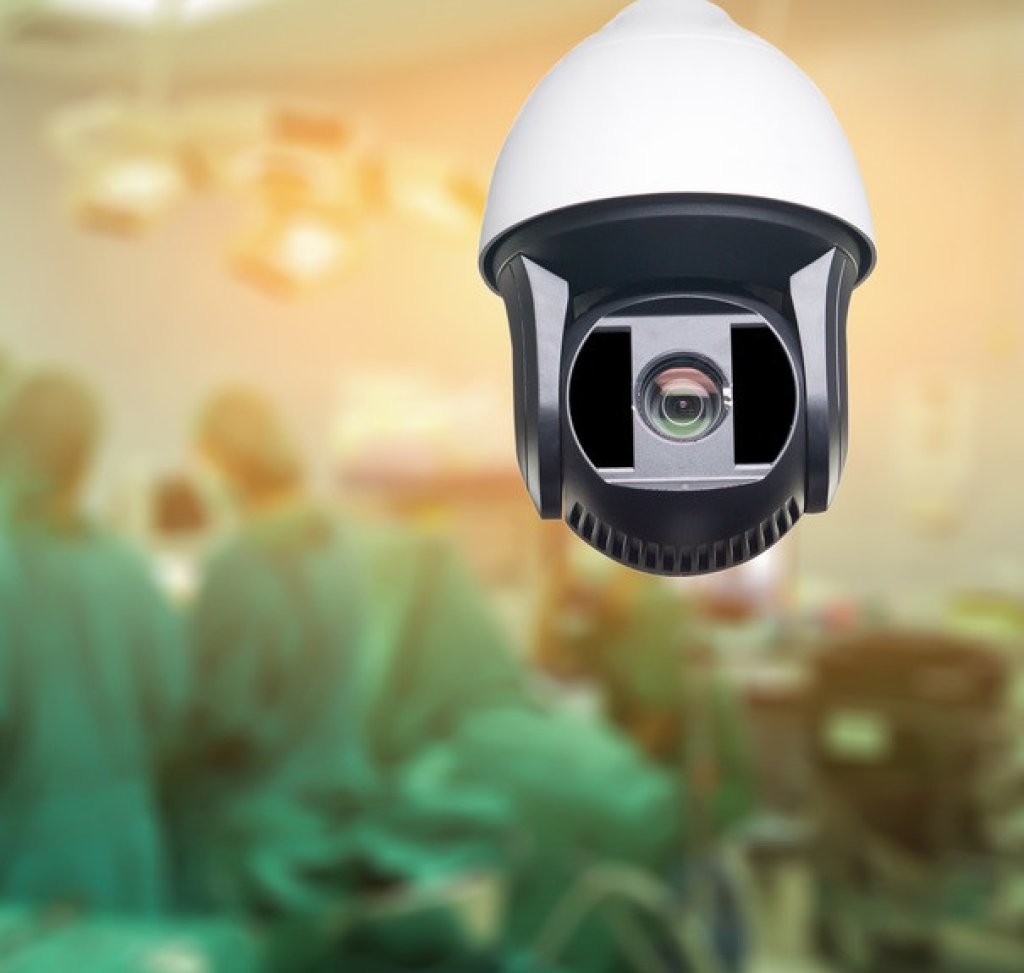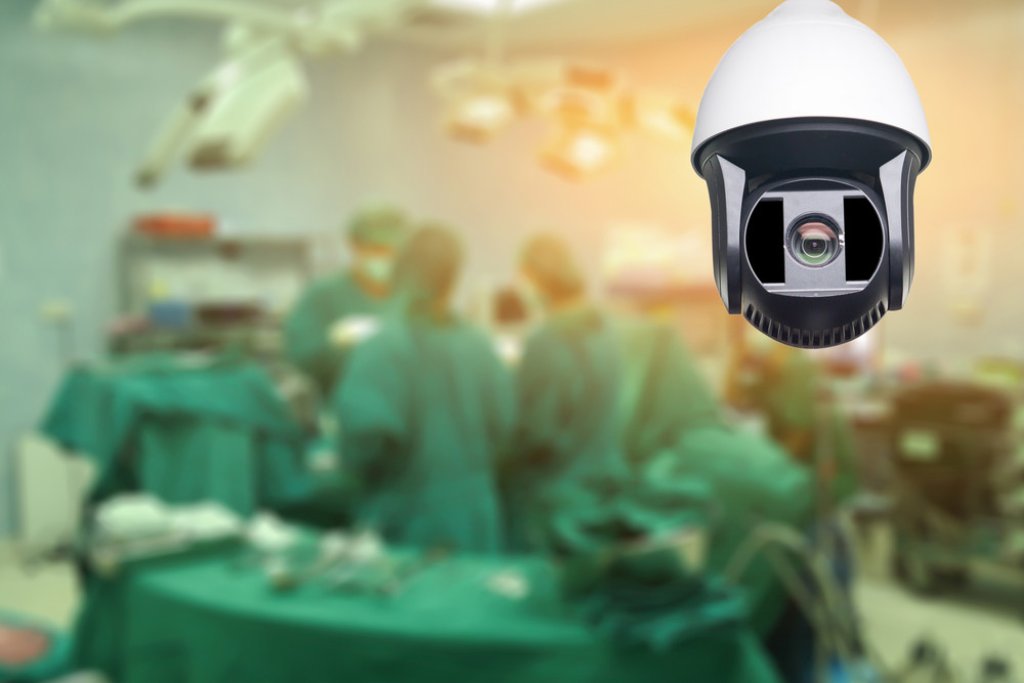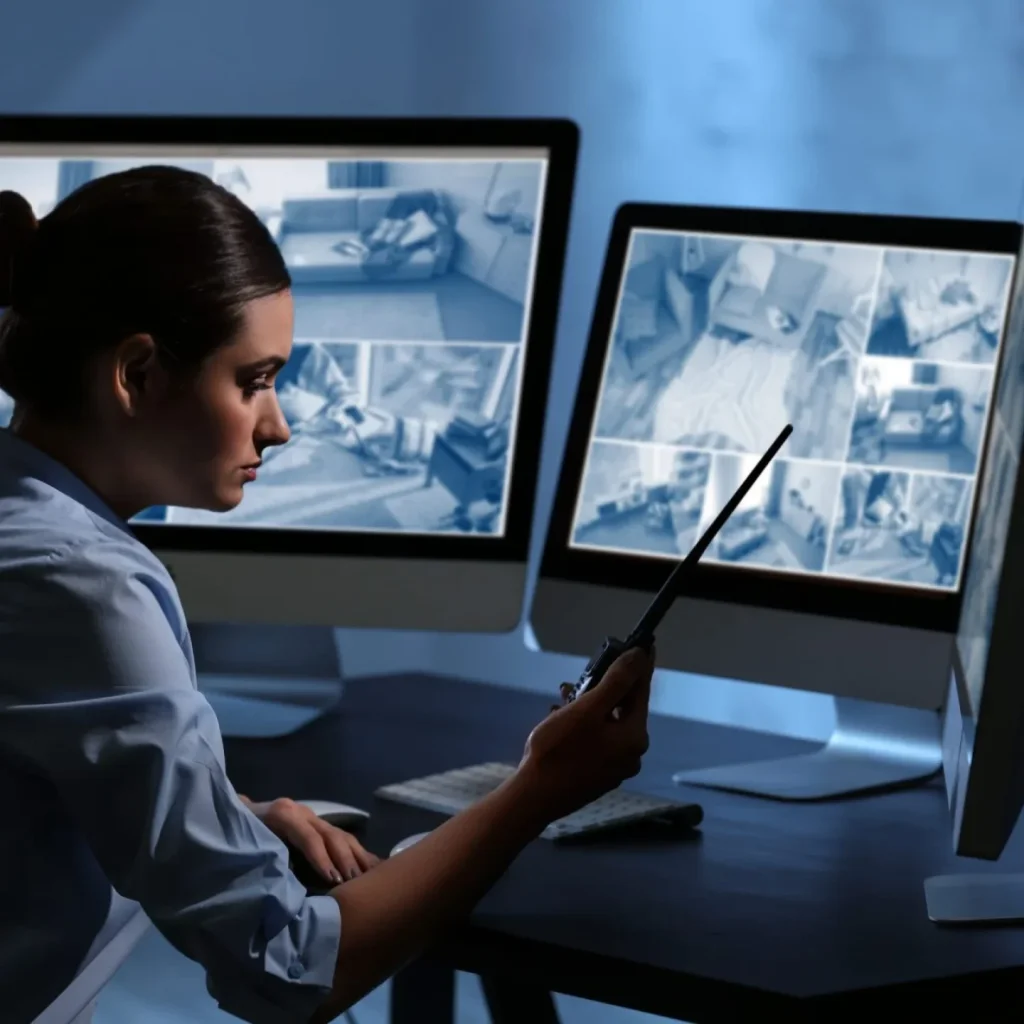CCTV in hospitals: Everything you need to know
Explore the benefits of CCTV in hospitals with our comprehensive guide. Learn how CCTV systems enhance security, monitor critical areas, and ensure patient and staff safety while protecting privacy in compliance with regulations.
Why are CCTV cameras and security important in hospitals?
On a daily basis, large numbers of people, and therefore a lot of information, pass through hospitals everywhere in the world.
Each person that walks or is carried through the doors of a hospital places their faith in the surgeons, doctors and nurses, and ancillary and admin staff.
CCTV (Closed Circuit Television), security measures and surveillance help to build trust between the public and medical staff and help to make hospitals an easy and safe place to go for care.
National CCTV guidance
The government's Surveillance camera code of practice contains information about what CCTV operators must do to comply with data protection law.
The government's Surveillance code is intended to be used in conjunction with guidance provided by the Information Commissioner's Office (ICO).
A guide to CCTV in hospitals
CCTV systems have become a standard feature in hospitals worldwide.
CCTV serves multiple purposes ranging from security and safety to operational efficiency and monitoring patient care.
Here is a comprehensive guide that covers everything you need to know about CCTV in hospitals:
Security and safety
Hospitals are very busy environments with numerous visitors, patients and staff members coming and going. CCTV cameras help in monitoring entrances, exits, and public areas to ensure the safety and security of everyone within the premises.
CCTV cameras deter potential criminal activities such as theft, vandalism, and unauthorised access.
CCTV cameras can also be placed strategically in car parks, at perimeters and other exterior areas to enhance overall security
CCTV cameras installed in patients’ rooms, corridors and critical care units can aid in monitoring patients' conditions and alert medical staff in case of emergencies.
CCTV can also help in observing patient interactions with healthcare providers, to monitor quality of care and adherence to protocols.
Monitoring patient care
CCTV cameras installed in patients’ rooms, corridors and critical care units can aid in monitoring patients' conditions and alert medical staff in case of emergencies.
CCTV can also help in observing patient interactions with healthcare providers, to monitor quality of care and adherence to protocols.
Preventing workplace violence
Healthcare workers face the risk of workplace violence from patients and visitors. CCTV cameras can act as a deterrent and provide evidence when incidents occur.
Operational efficiency
CCTV systems can help hospital administrators to monitor workflow and identify areas for improvement in operational efficiency.
CCTV can also be used to analyse traffic flow in different departments, which can help to optimise resource allocation and reduce waiting times.
Compliance with regulations
Many regulatory bodies and accreditation agencies require hospitals to maintain security measures, including CCTV surveillance, to ensure patient safety and privacy.
Privacy concerns
While CCTV cameras are essential for security purposes, hospitals must balance security needs with people’s privacy rights and patient privacy concerns. It is crucial to ensure that CCTV recordings are stored securely and accessed only by authorised personnel.
Cameras should be positioned to minimise the capture of private patient information and sensitive moments.
Legal and ethical considerations
Hospitals must adhere to local laws and regulations governing the use of CCTV surveillance, including data protection and privacy laws.
Ethical considerations must be taken into account, which includes obtaining consent when cameras are placed in sensitive areas such as patient rooms.
Technology and integration
Advances in CCTV technology, such as high-definition cameras and video analytics, enhance the effectiveness of surveillance systems.
Integration with other hospital systems, such as access control and alarm systems, can further improve security and operational efficiency.
System training and awareness
Hospital staff should receive training on the proper use of CCTV systems, including how to access and review footage compliantly and responsibly.
Patients and visitors should be informed about the presence of CCTV cameras and their purpose in hospitals.
Medical training
CCTV recordings can be invaluable in the training of medical staff and students.
Provided that privacy regulations are adhered to, ‘real world’ footage can help to generate deeper understanding and awareness of important events and procedures.
Maintenance and monitoring
Regular maintenance and monitoring of CCTV systems are essential to ensure their continued effectiveness.
Hospitals should have protocols in place for reviewing video footage, security incident responses, and addressing any technical issues promptly.
CCTV in hospitals: Summary
CCTV systems play a crucial role in enhancing security, safety, and operational efficiency in hospitals.
However, it is essential to balance the benefits of CCTV with privacy considerations and compliance with legal and ethical standards.
Proper planning, implementation, operations and maintenance are key to maximising the benefits of CCTV surveillance in hospitals.
CCTV compliance
To extract maximum value from CCTV use in healthcare environments, it is essntial to operate cameras compliantly. Notably, when sharing video with a third party - for example when fulfilling a subject access request – all but the subject must be redacted (blurred, masked) in order to avoid privacy regulation breaches.
Find out how Facit helps healthcare institutions to automate CCTV video redaction for assured compliance.




